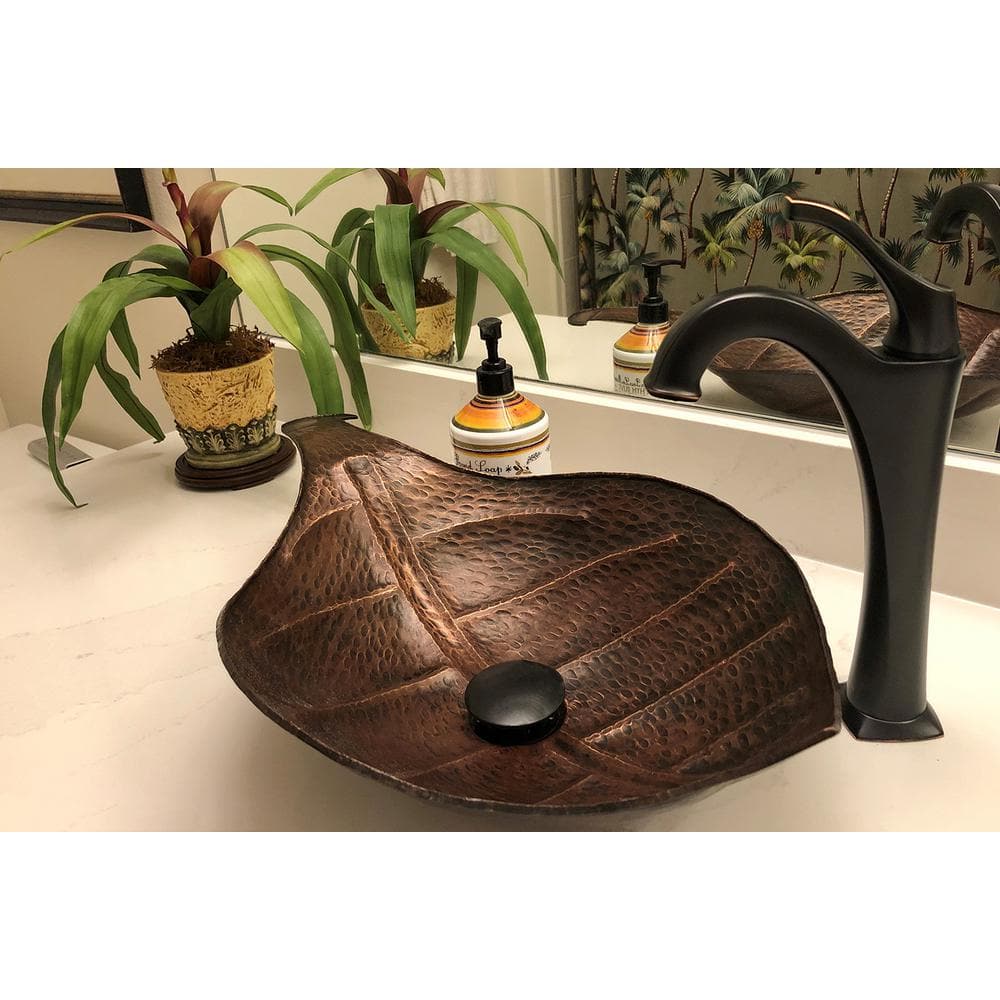Just how to Choose the Right Copper Products for Your DIY Projects and Home Renovations
Just how to Choose the Right Copper Products for Your DIY Projects and Home Renovations
Blog Article
Discovering the Diverse Applications of Copper Products in Modern Industries
Copper products have established themselves as indispensable components throughout a myriad of modern industries, mainly as a result of their impressive conductivity, pliability, and resistance to corrosion. From improving the effectiveness of electrical systems to playing an important role in renewable resource technologies, the convenience of copper is obvious. Furthermore, its recyclability positions it as a sustainable selection in manufacturing and electronics. As industries significantly prioritize innovation and sustainability, the varied applications of copper call for a closer assessment, especially regarding their potential influence on future environmental practices and technical improvements.
Electric Applications of Copper
Copper is a vital product in the electric market, representing approximately 60% of the complete need for non-ferrous steels globally - Copper Products. Its exceptional electrical conductivity, which is virtually twice that of aluminum, makes it the preferred selection for a vast array of electric applications. From wiring systems in commercial and domestic structures to high-voltage power transmission lines, copper ensures efficiency and reliability in power shipment
Along with electrical wiring, copper is integral to the manufacturing of electric parts such as generators, electric motors, and transformers. These elements take advantage of copper's thermal conductivity and malleability, essential for warm dissipation and reliable efficiency. Copper's resistance to rust boosts the lifespan and longevity of electrical systems, making it an economical solution in the long term.
The growth of renewable resource sources, such as solar and wind power, has further increased the demand for copper in electrical applications. As sectors shift towards sustainable energy options, copper's duty comes to be even much more critical. Overall, the flexibility and efficiency attributes of copper solidify its standing as a foundation material within the electrical industry, driving innovation and effectiveness throughout numerous applications.
Plumbing and Piping Solutions
In contemporary plumbing systems, the option of products significantly affects both capability and long life. Copper has actually arised as a favored alternative because of its special properties, consisting of deterioration resistance and antimicrobial attributes. These characteristics guarantee that copper piping stays risk-free and long lasting for delivering potable water, a crucial factor to consider in property and business applications.
One of the crucial advantages of copper in pipes is its capability to withstand high temperatures and pressures, making it ideal for a selection of applications, from warm water systems to home heating and cooling networks. In addition, copper's versatility enables for easier setup in complex piping formats, lowering the risk of leakages and failures.
Another noteworthy benefit is copper's long life-span, frequently surpassing half a century with appropriate upkeep. This long life not just lessens substitute prices however likewise adds to sustainable techniques by reducing waste. Copper's recyclability aligns with modern-day ecological standards, advertising a round economic climate within the pipes market.
Copper in Renewable Power
The convenience of copper extends beyond plumbing applications, playing a vital duty in the sustainable energy market. In solar panels, copper is utilized in solar cells and circuitry, promoting efficient energy conversion and transmission.

In addition, as the international demand for electric lorries (EVs) rises, copper's duty in battery systems and billing framework ends up being much more considerable. The product's ability to perform electrical power efficiently is important to the performance of EV batteries, boosting array and charging rate.
Copper's Role in Electronics
Electronics making depends greatly on copper's extraordinary homes, especially its high electrical conductivity and thermal performance. These attributes make copper an optimal choice for a wide variety of electronic elements, consisting of connectors, circuit card, and wiring. The metal's capability to efficiently send electric signals guarantees very little energy loss, which is crucial in high-performance digital tools.
Furthermore, copper's thermal conductivity plays a considerable role in heat dissipation, shielding delicate elements from overheating. This is specifically vital in contemporary electronics, where small layouts lead to raised warm generation. Copper is also preferred for its malleability and ductility, enabling it to be conveniently formed into complex styles that satisfy the needs of innovative electronic applications.
With the surge of consumer electronics, telecommunications, and electric vehicles, the need for copper in the electronics my response sector continues to expand. Thus, copper stays a foundation material in the ever-expanding area of electronics.
Cutting-edge Makes Use Of in Manufacturing

One notable application is in additive manufacturing, where copper-based materials are utilized in 3D printing processes. This permits the development of complicated geometries and light-weight components, particularly in the aerospace and auto fields. Furthermore, copper's thermal conductivity makes it an excellent selection for warmth exchangers, enhancing efficiency in industrial air conditioning systems.
Additionally, the rise of clever manufacturing has seen the consolidation of copper in IoT tools, where its conductive capabilities sustain sophisticated picking up innovations. In the world of renewable energy, copper is crucial in the production of photovoltaic panels and wind turbines, assisting in a lot more efficient energy conversion and circulation.
As markets strive for sustainability and advancement, copper's flexibility and performance remain to place it as a critical material, driving advancements in production and adding to the advancement of smarter, extra effective items.
Final Thought
In summary, copper items show exceptional adaptability throughout different contemporary sectors. Copper Products. Their exceptional conductivity improves electrical applications, while corrosion resistance ensures integrity in plumbing. The indispensable duty of copper in renewable resource and its vital feature in electronic devices emphasize its relevance in progressing sustainable practices. Furthermore, cutting-edge usages in manufacturing emphasize copper's versatility and enduring importance. Jointly, these applications illustrate copper's important payment to technological progression and industrial effectiveness in contemporary culture.
From enhancing the performance of electrical systems to playing an important duty in sustainable power technologies, the adaptability of copper is evident. As markets increasingly focus on development and sustainability, the varied applications of copper warrant a closer evaluation, especially regarding their possible impact on future technological improvements and ecological practices.
The growth of sustainable go to this web-site energy sources, such as solar and wind power, has actually further enhanced the demand for copper in electric applications. On the whole, the versatility and performance features of copper strengthen its status as a cornerstone material within the electrical field, driving technology and efficiency across various applications.
The versatility of copper extends beyond plumbing applications, playing an essential duty in the sustainable energy market.
Report this page